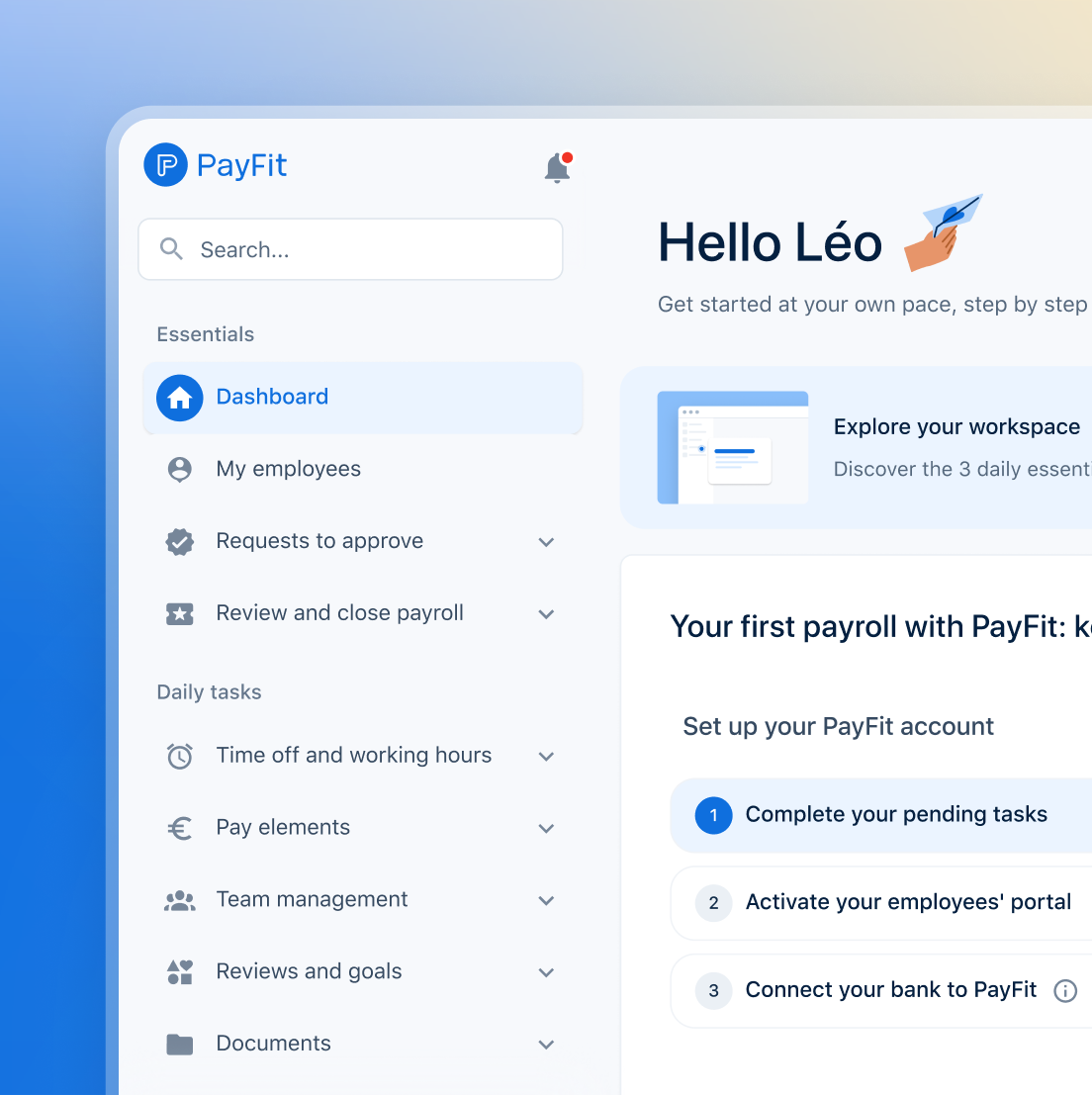✨ Health insurance, now in PayFit - learn more
💷 All the rates & thresholds you need to know for 25/26...right here
✨ The Payroll Journey: Start, Scale & Succeed Globally - learn more
✨ Health insurance, now in PayFit - learn more
💷 All the rates & thresholds you need to know for 25/26...right here
✨ The Payroll Journey: Start, Scale & Succeed Globally - learn more


When it comes to the question of ‘will Labour abolish zero-hours contracts?’, an accurate answer could be any one of ‘yes’, ‘no’, or ‘sort of’. This is because in the runup to the UK election, despite at one stage talking about banning zero-hours contracts altogether, the leadership performed something of a climbdown, arguing that UK workers should be able to choose the kind of contract they sign up to, including zero-hours options.
Labour’s ‘New Deal for Working People’ announcement from May of this year proposed to ban ‘exploitative’ zero-hours contracts, but it’s not entirely clear yet how this is defined, and if that means all zero-hours contracts.
Here, we’ll try to break down what’s been proposed, what might happen in the context of the various wranglings around zero-hours contracts, and how employers should be preparing for any potential changes.
As the name suggests, a ‘zero-hours’ contract is one that doesn’t stipulate a set number of hours that must be worked or that will be guaranteed. It’s a casual arrangement that allows businesses to call upon workers as and when they are needed, with no obligation from either side to commit to a certain number of hours. In their current form, zero-hours contracts do give greater flexibility to businesses rather than workers, as they can call on them as and when needed, with no guarantees of paid work for the individual(s) in question.
Just like regular workers, those on zero-hours contracts are entitled to both statutory annual leave and the National Minimum Wage. Employers cannot stop a zero-hours worker from working elsewhere, and nor is the worker obligated to take up the work when you ask them to do it.

In terms of the Labour manifesto and zero-hours contracts, things were looking relatively watertight. Back at the end of May, Labour announced their ‘Plan to Make Work Pay’ as part of a wider package of ‘Delivering a New Deal for Working People’. Alongside pledges to boost wages, make work more secure and support working people to thrive, the new UK Government has said it will ban ‘exploitative zero-hour contracts’.
In reality, it looks as if Labour won’t abolish zero-hours contracts altogether, with chancellor Rachel Reeves having told the Association of British Insurers that “if you want flexibility as a worker, you can remain on the contract you’re on.” So it might depend on how the government defines ‘exploitative’.
Tired of manual payroll admin?
PayFit automates HMRC submissions, calculates deductions accurately, and gives you real-time visibility, so you can focus on growing your business, not chasing spreadsheets.

As the traditional party of workers, one would imagine Labour equates ‘exploitative’ with the fact that employers currently hold most of the cards when it comes to zero-hours contracts, with a lack of choice on the part of the worker.
So, if an all-out ban isn’t on the cards, then a redressing of the balance may well be, with workers given more of a say in how they want to define their working arrangements. So if they are looking for a degree of security and permanence, then that may well be in the offing, with Reeves having previously said that “after 12 weeks, if you’ve been working regular hours, you’ll be able to get that permanent contract.”
What this could all mean, then, is that Labour will provide workers who want the security of a guaranteed minimum number of hours each week with the opportunity to move onto a contract that reflects their regular hours. And at the same time, they will leave the door open for workers who like the flexibility that a zero-hours contract can provide to stay as they are.
Some experts have argued that the government is only being clear about a ban on certain types of zero-hours contracts so as to appease businesses, and ensure that flexibility can work for both sides.
Therefore, Labour’s zero-hours contract ban looks more like a tightening up of regulations instead.

Labour’s zero-hours contract ban, or, as looks more likely, reshaping of the rules, may mean that businesses need to look to alternative working arrangements to offer the same degree of convenience and flexibility. This could include using agency workers, fixed-term contracts or annualised hours to offer a makeshift version of zero-hours.
But these arrangements cost money, and take longer to put in place. And this is, in a sense, counterintuitive to the notion of zero-hours contracts, whereby speed and flexibility is crucial, especially in industries such as healthcare and hospitality.
Despite the Labour government saying it would bring in new legislation within its first 100 days in office (disclaimer: at the time of writing, those 100 days are almost up), it’s looking likely that any change to the law would need to be fully consulted, and to pass through the usual Commons voting processes.
Having said this, businesses should be taking the necessary steps to prepare for any changes as soon as possible. These include:
Consulting with workers currently on zero-hours or casual contracts as to their preferences;
Considering offering fixed hours employment contracts to staff currently working zero-hours arrangements;
If applicable, considering the benefits of utilising agency workers or annualised hours.
We here at PayFit will be keeping a close eye on developments, so stay close to both our blog and socials for updates on what is sure to be a major development in employment law and workers’ rights.


Learn what the Carer’s Leave Act means in 2026: carers’ rights, how leave works, notice rules, postponement, and policy steps for employers.

Is paternity leave 14 working days in the UK in 2026? Learn how long paternity leave lasts, who is eligible, how pay works and what notice is required.

Learn what Labour’s 4-day week plans mean in 2026, plus your options now: flexible working, compressed hours, contracts, and HR actions.

What is the Alabaster ruling? Learn how pay rises during maternity leave affect Statutory Maternity Pay (SMP) and how to calculate arrears correctly.

A guide for employers on the Neonatal Care Act, in force since April 2025. Learn about leave entitlement, pay eligibility, notice periods & the two-tier system.

A new flexible working law came into effect in 2024. Employees have more say over how & when they work. Understand what it means for you as an employer.

See what's new in PayFit
New features to save you time and give you back control. Watch now to see what's possible